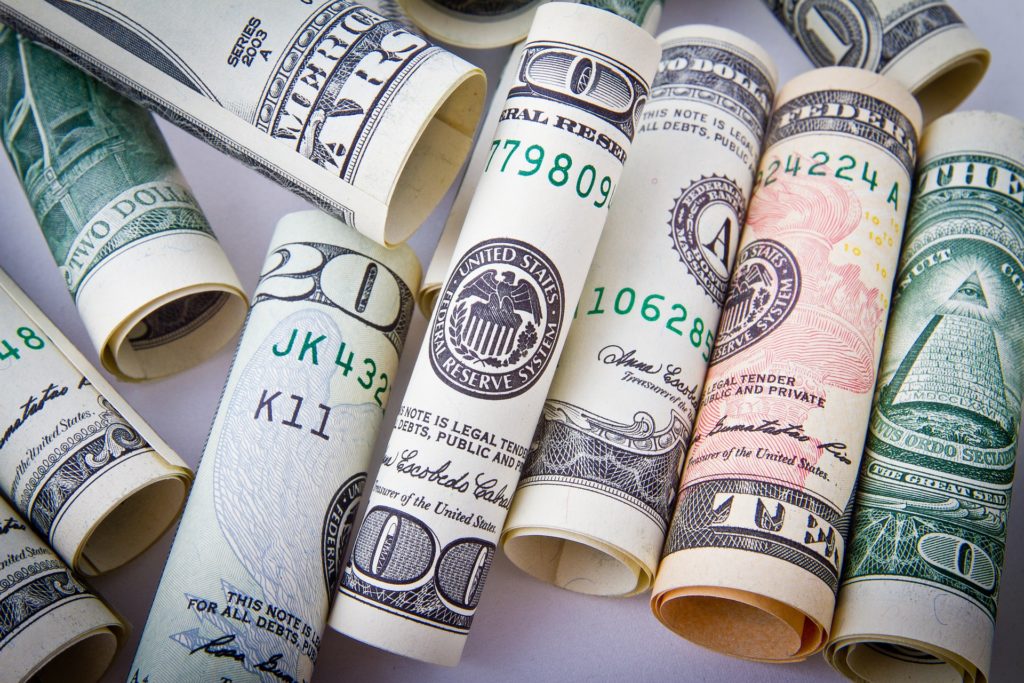Clients often ask our China lawyers whether their buyers in China are telling the truth when they claim not to be able to pay them more than $50,000 in one year. The answer is both yes and no.
China controls inbound and outbound foreign exchange flows. If a Chinese citizen or company needs to make an overseas payment it is required to purchase the foreign funds with RMB from a bank qualified to do foreign exchange business. Most banks in China are qualified to do foreign exchange business.
When converting RMB to a foreign currency at a Forex Bank, the bank is required to review whether the outbound capital is for investment or for regular payment. Outbound capital investment refers to overseas equity investment and is strictly restricted. Outbound regular payments are permitted, including those for overseas tours, training, relatives visitation, business negotiations, meetings, service, and labor.
Chinese citizens and companies can convert and freely remit up to USD $50,000 equivalent per year. Conversions exceeding this USD$50,000 quota are still possible, but the citizen or company cannot complete it at a bank counter freely; they must apply to the local State Administration of Foreign Exchange (SAFE) for written approval. Chinese banks will not let the extra conversion go without seeing SAFE’s approval letter.
To secure approval to exceed the USD$50,000 limitation in yearly payments, the Chinese citizen or company must submit documents verifying the underlying transaction. The application documents mainly include: (1) the contract signed between the Chinese party and the foreign company; (2) notarization and legalization of the engagement letter/ contract; (3) tax return certificates of the payee (theoretically the foreign company needs to pay Chinese withholding tax for the revenue gained from China); (4) and a request for payment.
There you go. . . .

























